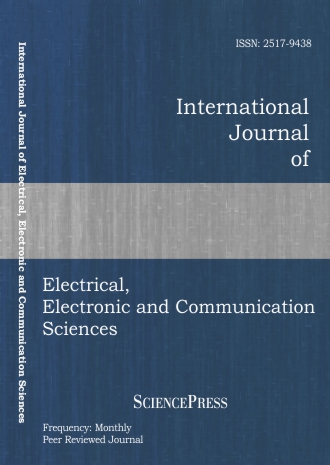
Scholarly
Volume:1, Issue: 8, 2007 Page No: 1148 - 1153
International Journal of Electrical, Electronic and Communication Sciences
ISSN: 2517-9438
1181 Downloads
The Hardware Implementation of a Novel Genetic Algorithm
This paper presents a novel genetic algorithm, termed the Optimum Individual Monogenetic Algorithm (OIMGA) and describes its hardware implementation. As the monogenetic strategy retains only the optimum individual, the memory requirement is dramatically reduced and no crossover circuitry is needed, thereby ensuring the requisite silicon area is kept to a minimum. Consequently, depending on application requirements, OIMGA allows the investigation of solutions that warrant either larger GA populations or individuals of greater length. The results given in this paper demonstrate that both the performance of OIMGA and its convergence time are superior to those of existing hardware GA implementations. Local convergence is achieved in OIMGA by retaining elite individuals, while population diversity is ensured by continually searching for the best individuals in fresh regions of the search space.
References:
[1] Sharawi, M.S., Quinlan, J. and Abdel-Aty-Zohdy, H.S., "A hardware